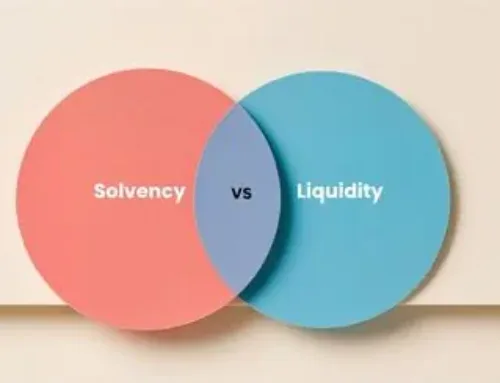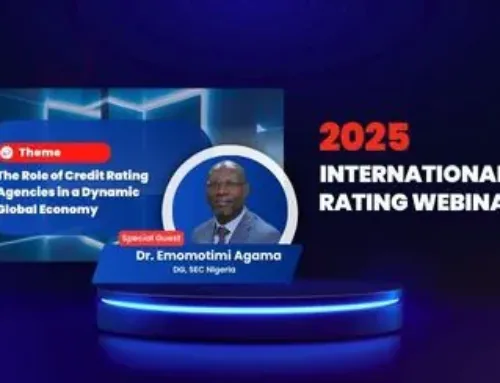
Securing a favourable credit rating is paramount for countries seeking access to international funding for development initiatives. By inviting a Credit Rating Agency (CRA) to assess its economic landscape, a country signals its willingness to disclose financial information to global investors.
Upon evaluation, rating agencies assign a rating to countries based on economic and political factors, with grades ranging from AAA- (highest) to D- (lowest). These ratings are subject to regular updates, reflecting recent economic developments.
When a country’s rating is upgraded, it signifies enhanced confidence in its ability to repay debts. Investors view the country’s bonds and loans more favourably, leading to reduced borrowing costs in international markets.
Beyond financial benefits, a rating upgrade bolsters a country’s reputation, making its securities more attractive to investors. This increased appeal attracts greater foreign direct investment, fosters stronger trade relations, and stimulates domestic investment, thereby promoting economic stability and growth.
Moreover, an upgraded credit rating improves a country’s standing on the global stage, facilitating access to international organisations such as the World Bank, the International Monetary Fund (IMF), and the African Development Bank (AfDB). This access opens doors to additional financial assistance, technical expertise, and policy guidance from these institutions.
Ultimately, a sovereign credit rating upgrade serves as a testament to a country’s stability and commitment to sustainable development. It not only paves the way for financial support from the international community but also instills confidence in the country’s future growth trajectory.








Leave A Comment